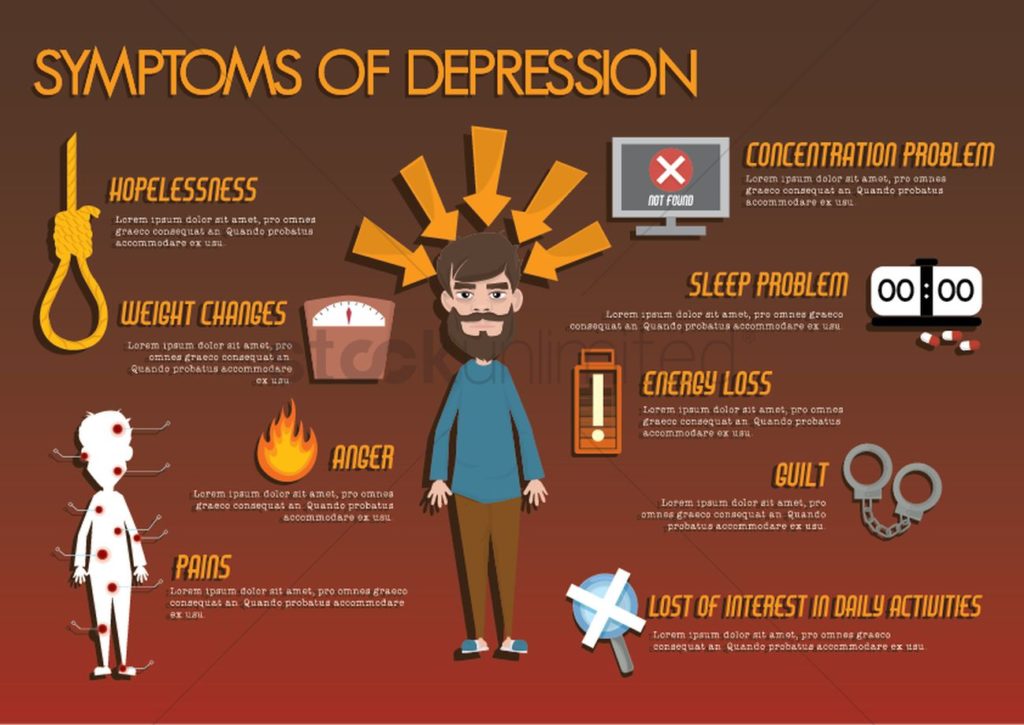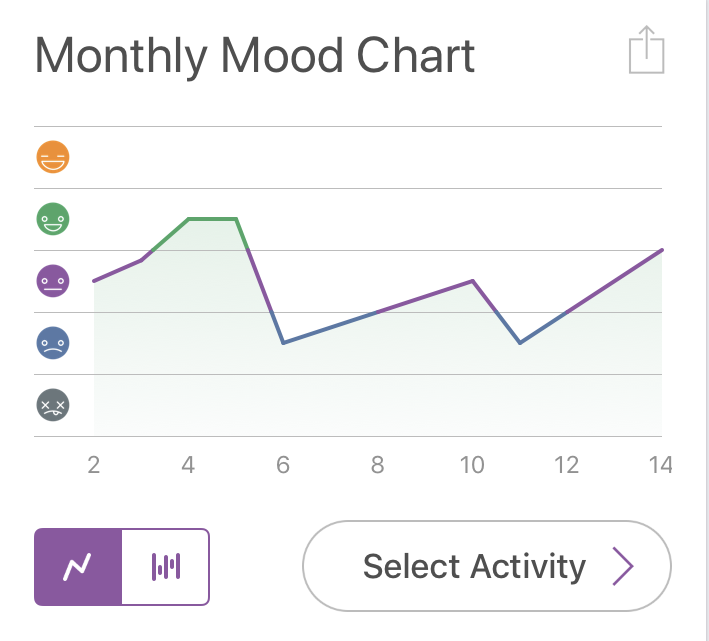“Gratitude drives happiness. Happiness boosts Productivity. Productivity reveals mastery. And mastery inspires the world.”
Everyone has moments where they question the direction their life is heading. Everyone has times in their lives when effort just doesn’t seem worth it, and the storm clouds just keep reeling in one after the other. I’ve experienced it as well – and it wasn’t until this past semester that I was formally diagnosed with depression and anxiety. It wasn’t until then that all of my problems – lack of motivation, lack of productivity, lack of interest in my usual favorite activities, my new habit of isolating myself – began to make sense. When we aren’t happy, we simply aren’t able to function as we normally would. We have less energy and physically struggle to get tasks done. Everything feels hopeless, but in reality, it isn’t.
The first step is to seek out help. Once your doctors are aware of the problems – and it gets treated either with medication or with therapy – you can begin working toward tackling the symptoms. But how can we do this?
The Goal: A Happier Self Through Socialization
I’ve been more of a pessimist than an optimist for as long as I can remember. In retrospect, while I know that being pessimistic wasn’t the largest factor in causing my depression, it didn’t help the matter any. Throughout this course, I’ve realized that a lot of my problems are stemming from my depression. I struggle to focus in class. I don’t have the energy to do my homework or even study. Reading for my classes is horrible. All I want to do is sleep, and I know that isn’t normal. In those few odd moments where I am motivated to be productive, my anxiety acts up and I’m suddenly at war with myself because half of me does not have the energy to finish what needs finished while the other half is in a panic because I have to finish the work. All of those issues are symptoms of my depression. And if I want to improve my grades, I have to attack the depression with all I have. I have visited the doctor and started therapy, but do you work toward lessening the symptoms of depression outside of seeking professional help?
To tackle these issues, I read Neil Pasricha’s The Happiness Equation. His book mentioned a few strategies that really stuck out to me.
- Keeping a journal of moments
that make you happy - Exercise
- Socialize
The two that really hit me where increased exercise and increased socialization. Personally, one of my larger issues is that I tend to isolate myself both physically and mentally – I hid in my dorm room and tried to avoid any and all contact with other people. I always ordered food from the Union and then ate it in my dorm. I skipped classes because I didn’t have the energy to go, and instead I laid in bed and slept. I cancelled get-togethers with friends because I didn’t want to be near people. My roommate was never in the dorm room and was gone every weekend. Basically I locked myself away until I was alone with myself. I wasn’t getting any exercise, I was gaining weight, and I felt completely alone with no one to vent to.
In his book, Neil emphasizes that humans are social animals, and that complete isolation takes much more of a toll on us than we think it does. We need those connections to promote a happy frame of mind, and therefore to promote productivity. I knew immediately what I needed to do.
Tackling Depression as a College Student

My main goal of the project was to improve my productivity by surrounding myself with other people instead of hiding in my dorm room. I decided to approach this goal from an attendance viewpoint, and so I created a calendar with marked times for me to…
- Eat outside of my dorm and in
a dining hall - Attend meetings for an
on-campus organization - Study/complete assignments in
the library with others

The idea was that I wouldn’t have to directly interact with strangers every day, but that I would at least surround myself with people to ease myself into becoming more accustomed to being around others. I then attended the “event” and highlighted it in a certain color in the calendar. That way, I could see when I did and did complete the task.
I also kept a mood tracker on my phone to measure my general daily moods throughout the project.

Takeaways and Results
The Happiness Equation is an amazing book that sincerely gave me a better world view. Even before starting this actual project, I was subconsciously thinking more positively. I had only read about a third of the book, and a friend pointed out a change in my attitude! Only a few weeks after starting the project, my grades began to pick up. I took a midterm for my Sociology of Immigration course and got a 49/50, which is the best midterm grade I’ve gotten since I started my college career!
Looking at the mood tracker, we can see that my moods have generally improved since starting the project! Linking that with my calendar and my productivity levels, they have improved slowly but surely.
The Happiness Equation is a great book with tips and points that initially sound so simple, but make such a difference. I would recommend this book to anyone who is struggling with their mental health in any way, or even those who are not struggling. It is a great read and can benefit everyone!
